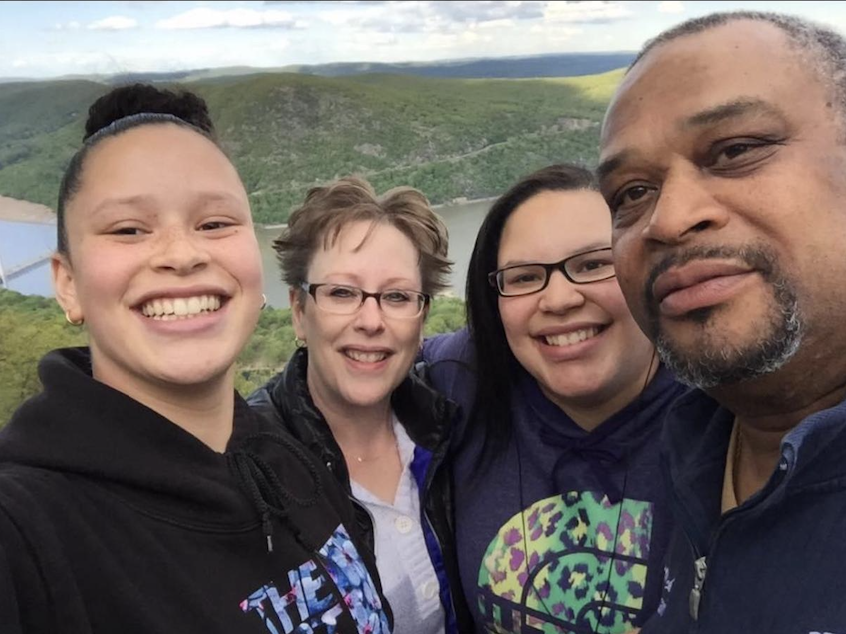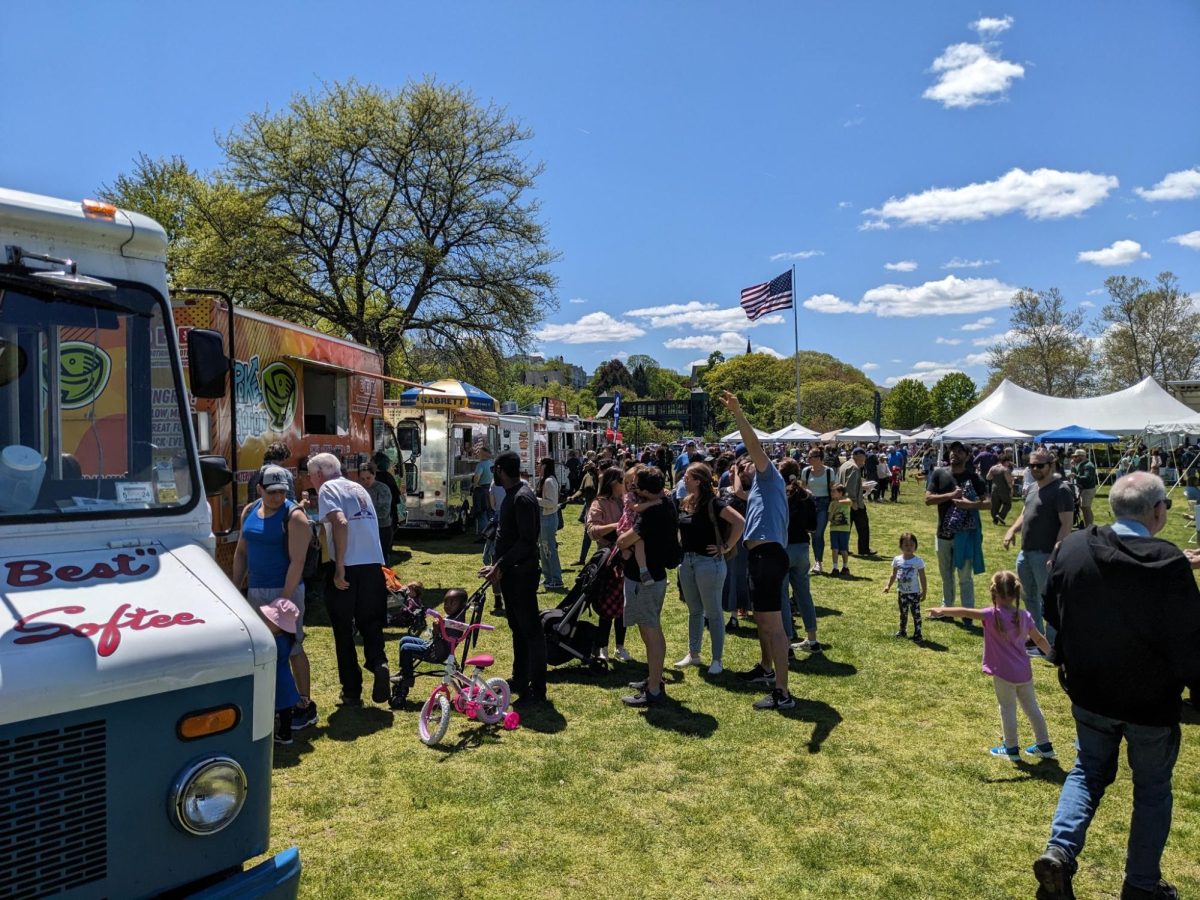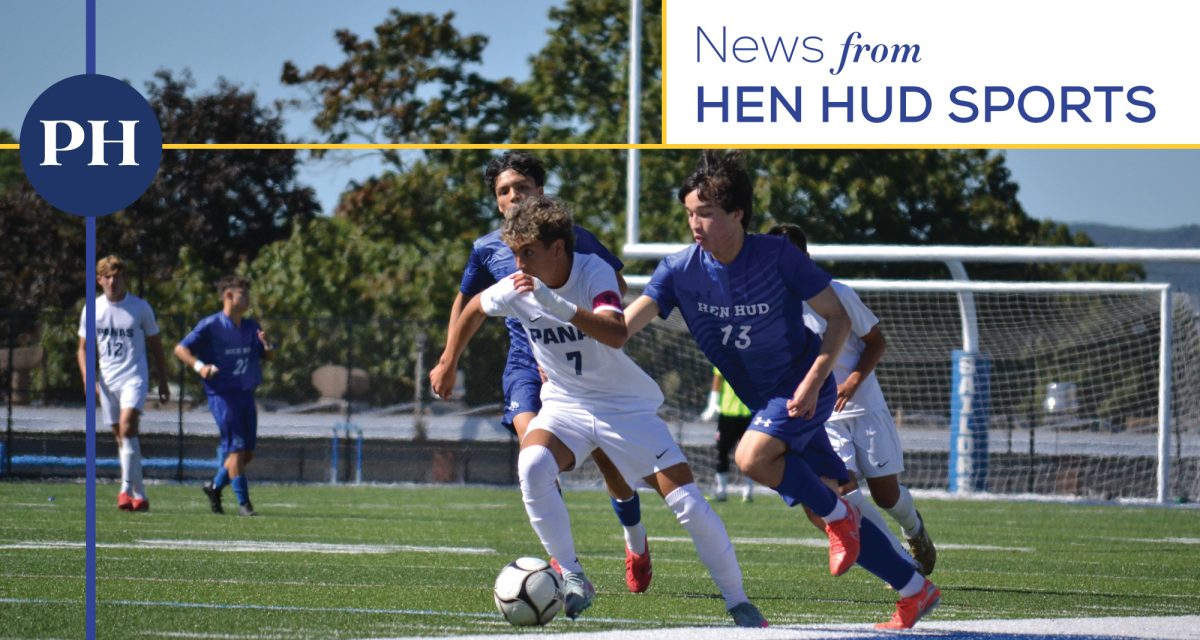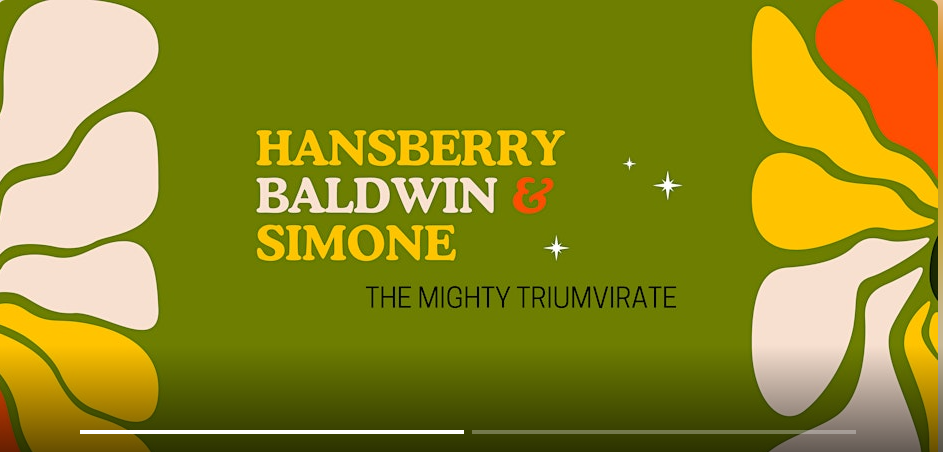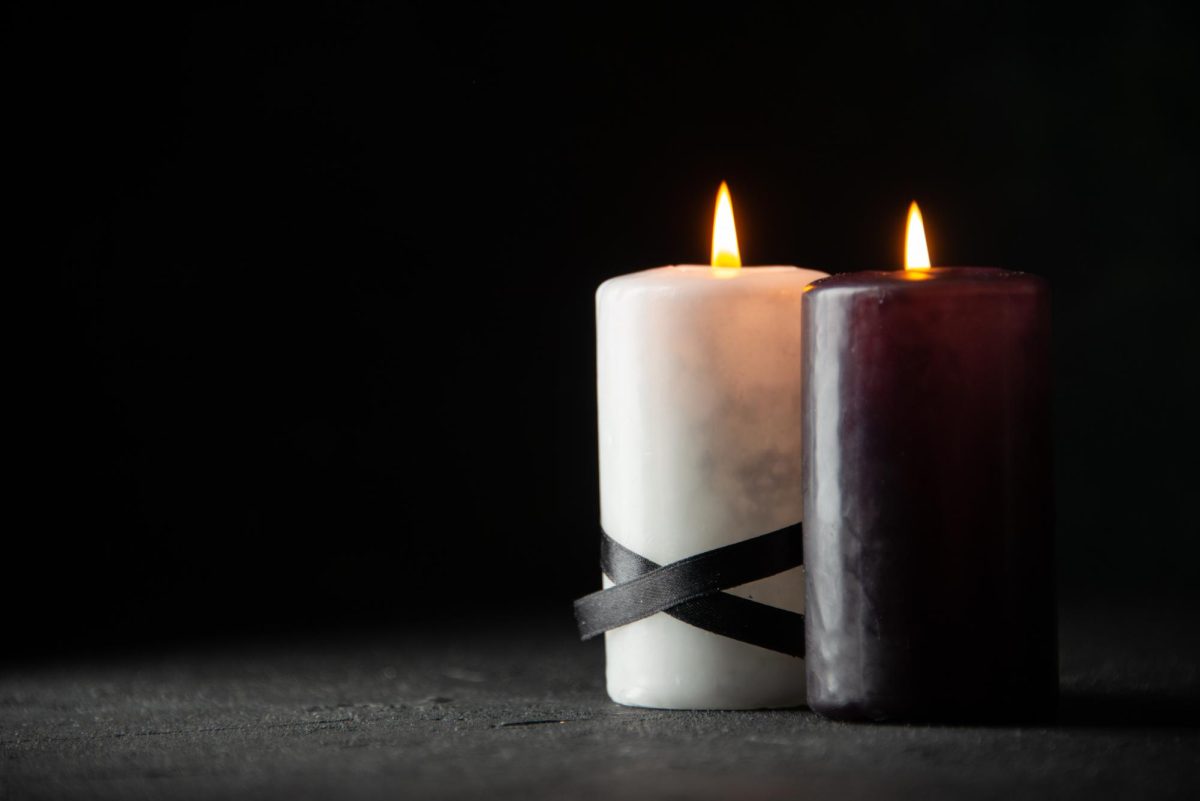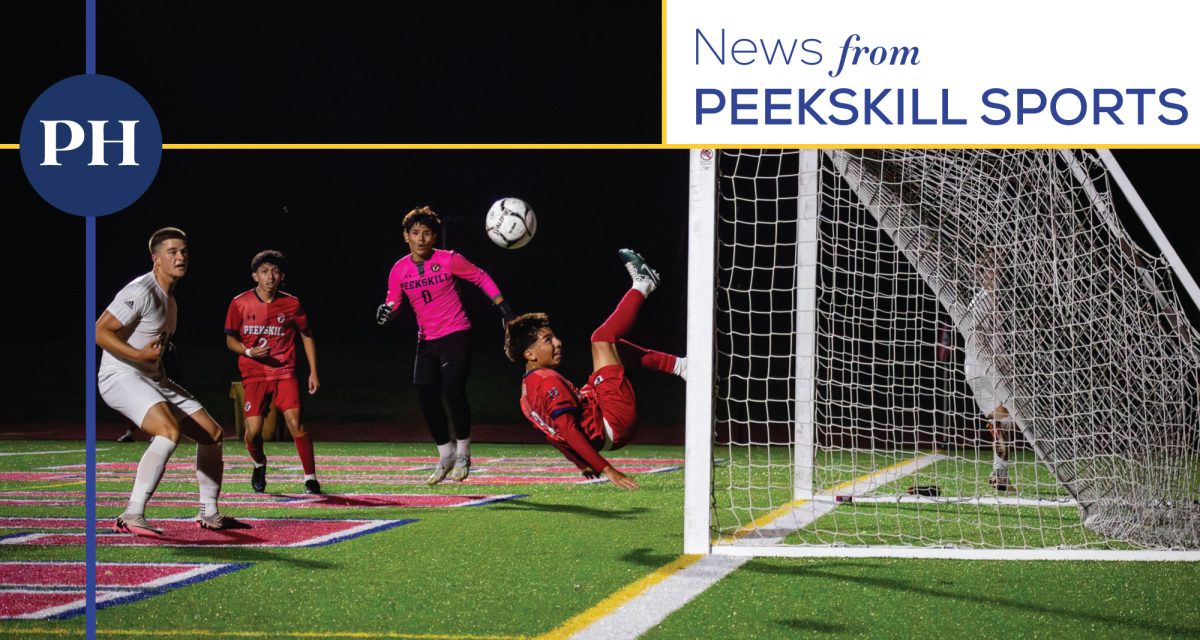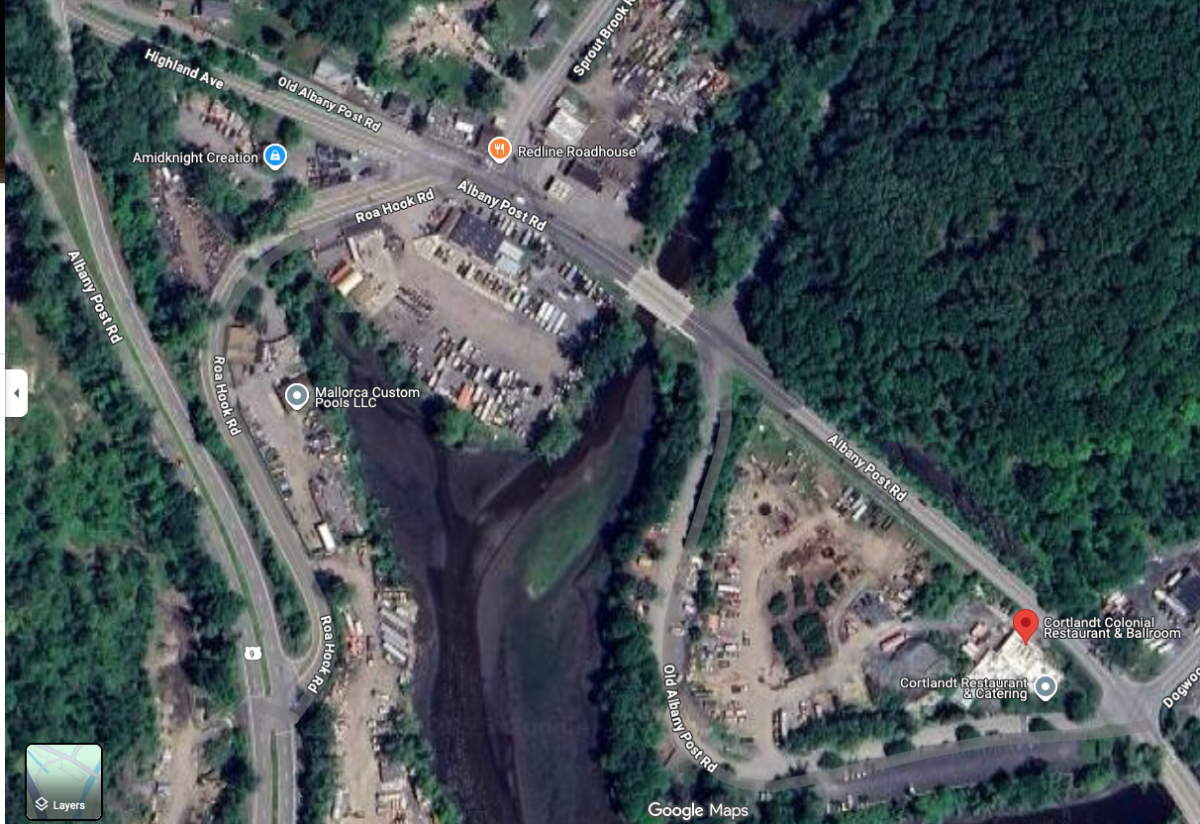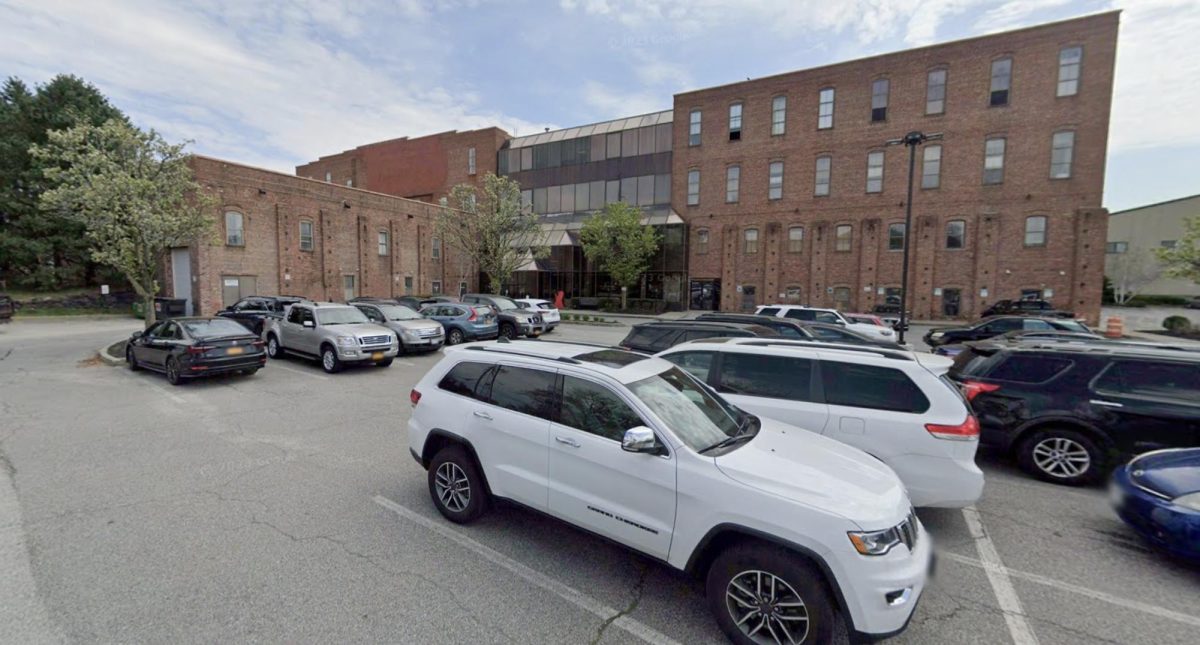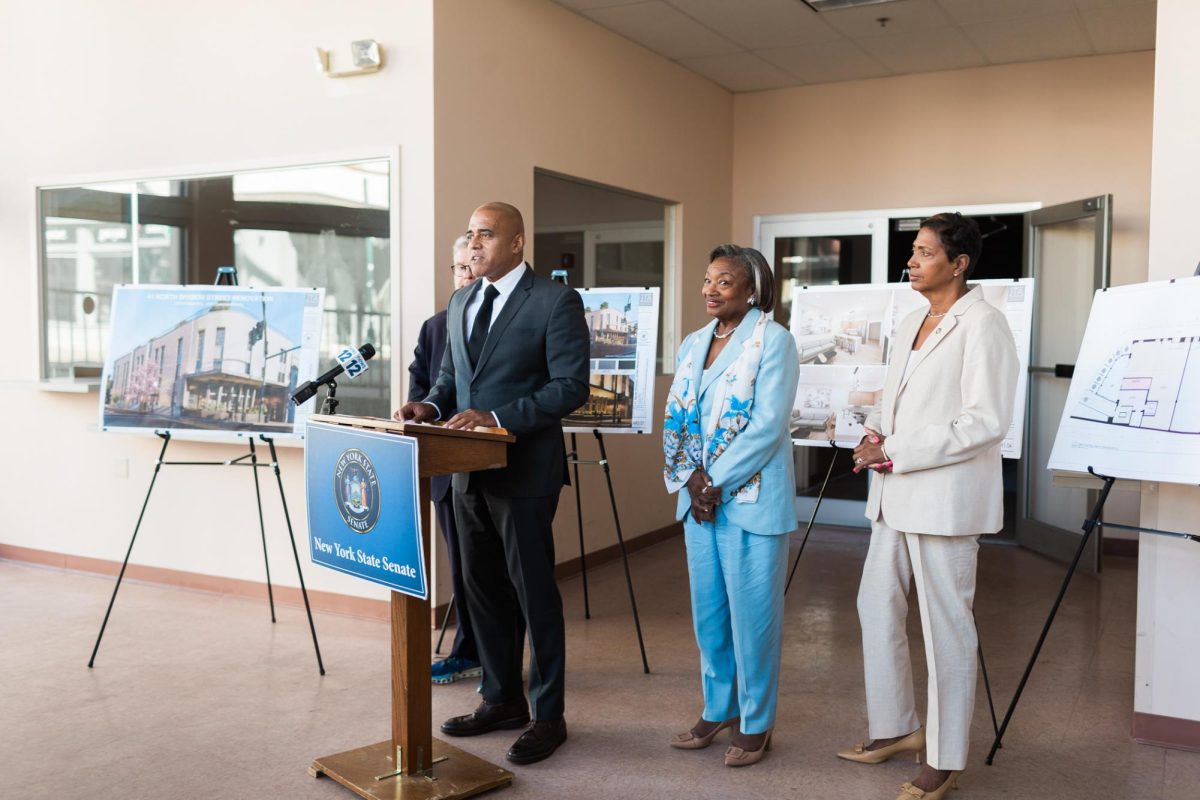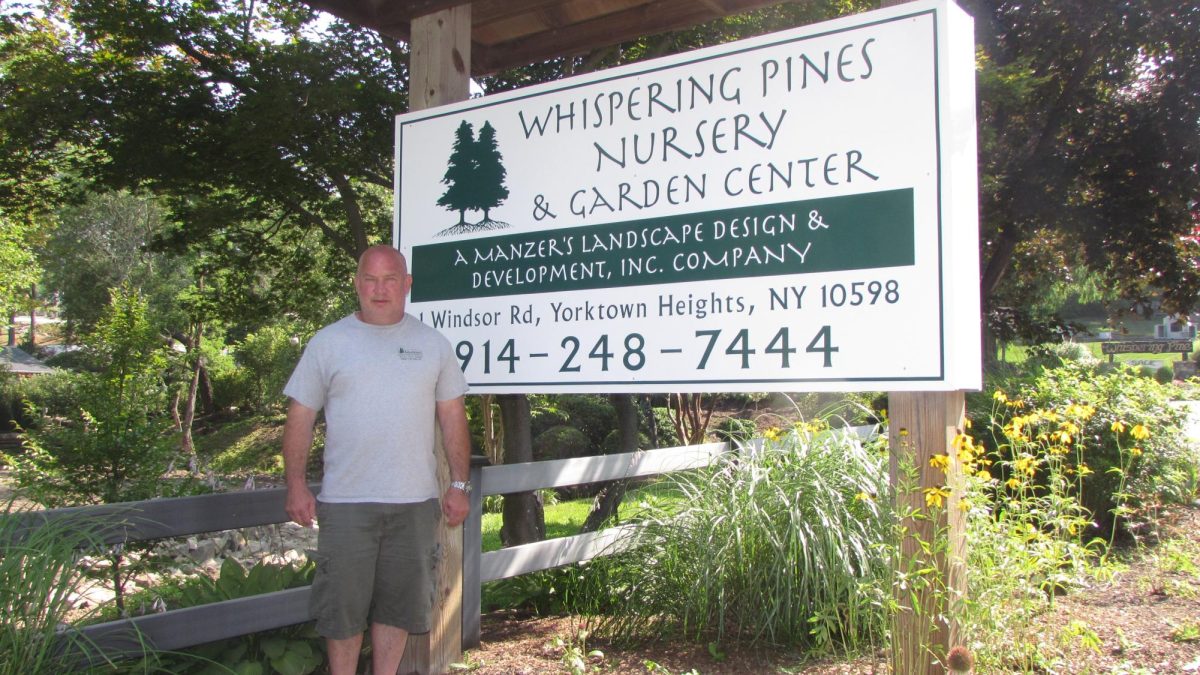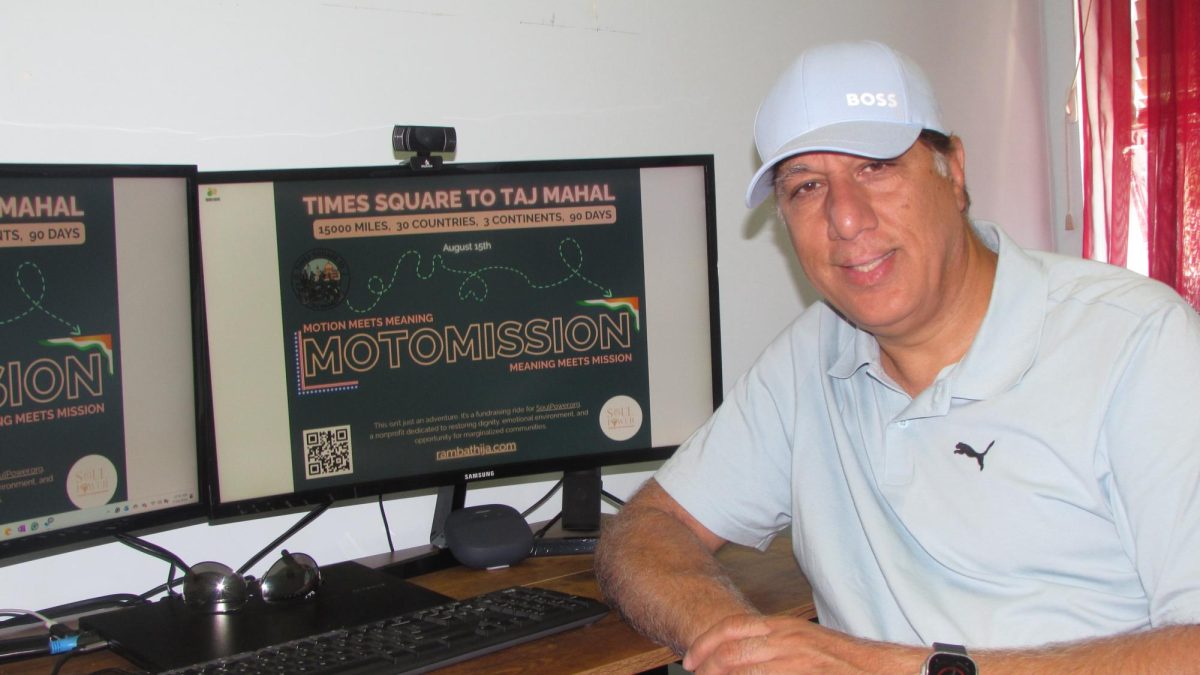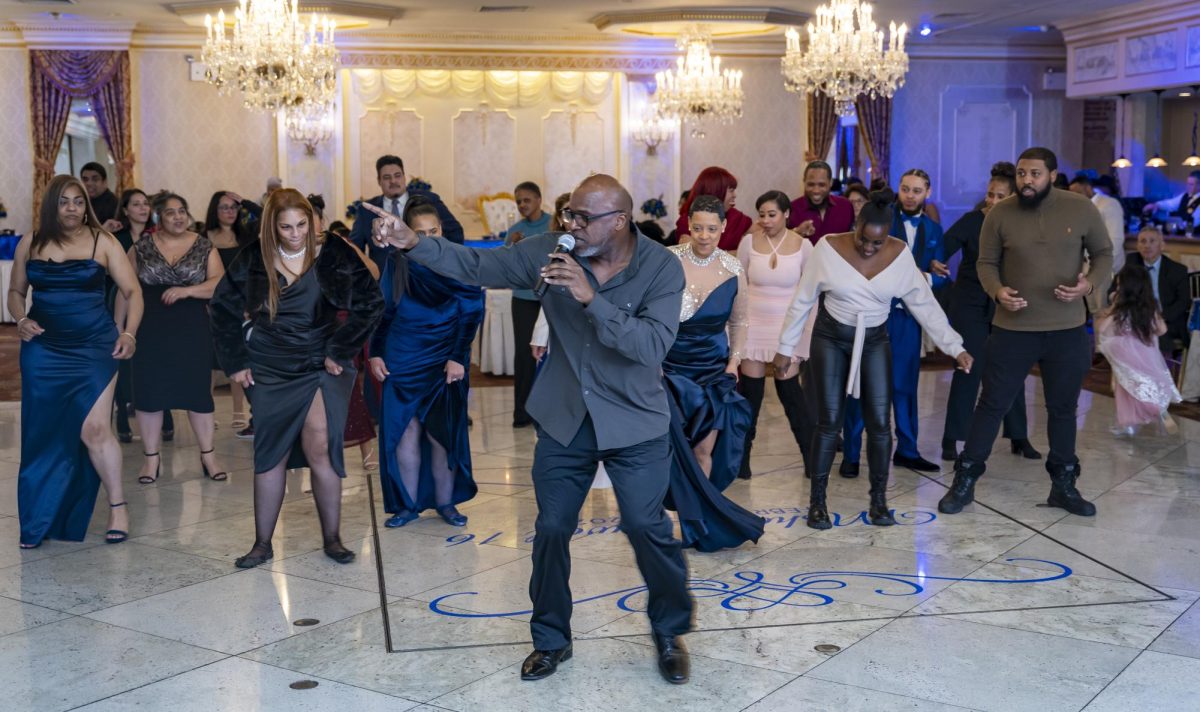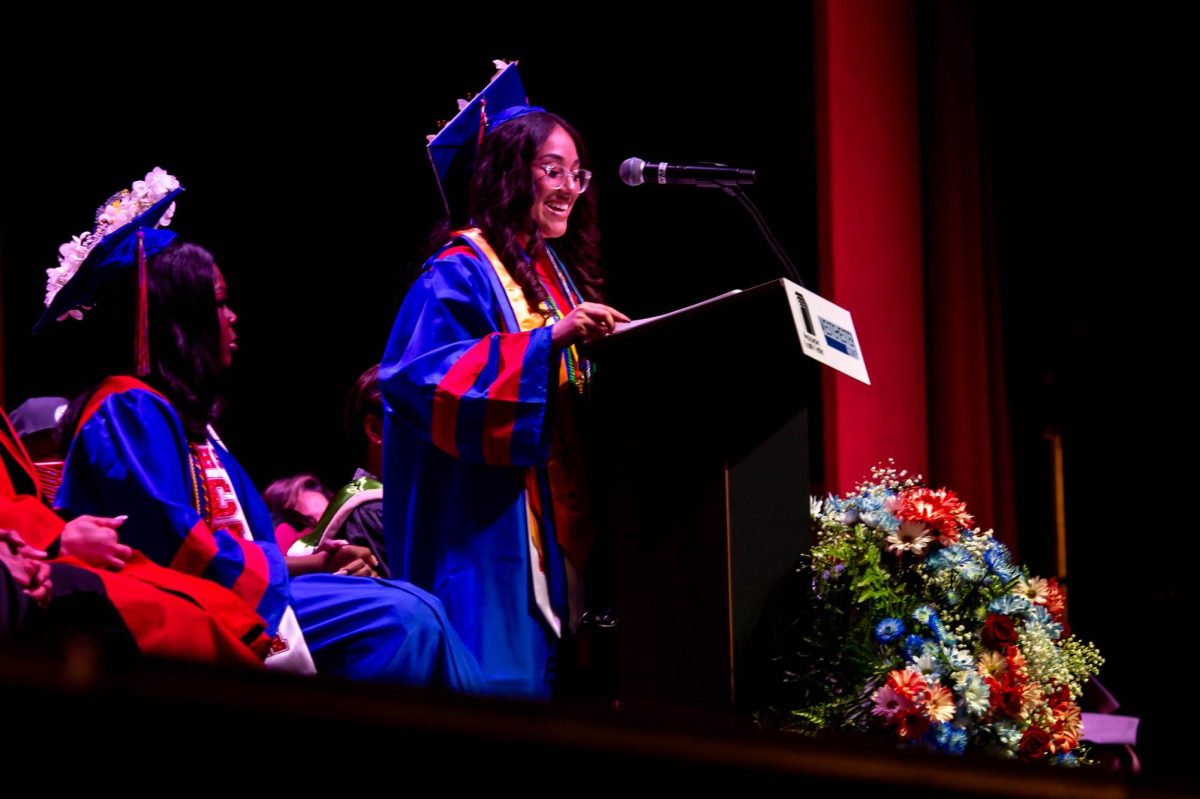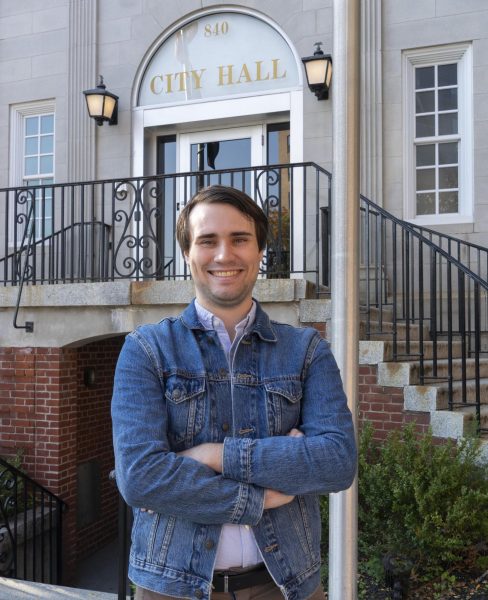When Mack Godbee taught his daughter CPR, he had no clue she one day would use it to save his life, nor that soon after he would receive what doctors describe as the first heart-liver-kidney transplant in New York State.
“All the doctors and nurses were calling me a pioneer,” Godbee, 64, told the Peekskill Herald. “I’m like, why am I a pioneer? ‘Because you’re the first one to get this done.’ And it surprised me, I didn’t even know.”
Godbee, City of Peekskill Community Volunteer Ambulance Corps Captain and CPR instructor, required resuscitation after having a sudden cardiac arrest in his driveway in August 2024.
“I remember coming home from my meeting at the ambulance corps, pulled into the driveway, and my wife’s coming to the door and saying that the cat got loose,” Godbee said. “So I got out of the car, walked in the house with my books and stuff, put them on the counter, went back outside to get a flashlight, and leaned over in the back of my car. And that’s all I remember.”
The next thing Godbee knew he was waking up in the back of the ambulance and being transported to the hospital. He would later learn that his daughter, Krista, pulled him out of the car and started CPR, saving his life.
Godbee receives rare heart-liver-kidney transplant
At the hospital, Godbee got a defibrillator implanted to shock his heart into a normal rhythm and keep him alive until his heart stabilized. However, his symptoms were not improving.
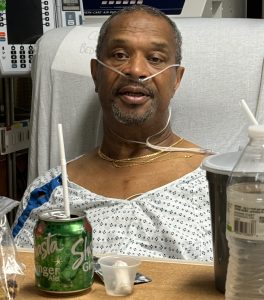
Godbee previously underwent a heart transplant at the Mount Sinai Hospital in 2002 for complications of sarcoidosis, an autoimmune disease which can damage the heart muscle.
He felt fine with the transplant for two decades until last year, when he became extremely weak and out of breath doing basic daily tasks. His heart was failing, ultimately leading to his cardiac arrest in August.
In December, Godbee’s doctors at Mount Sinai Hospital told him he needed another heart transplant to survive, as well as a new kidney and liver due to their failing condition.
Dr. Noah Moss, an advanced heart failure and transplant cardiologist at the Mount Sinai Fuster Heart Hospital who’s been overseeing Godbee’s care for about 10 years, told the Herald that without the triple transplant Godbee was at risk of progressive dysfunction, ever-worsening symptoms, and death.
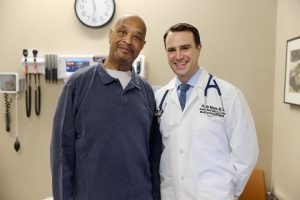
Commenting on the rarity of such a procedure, Moss said, “You need a patient that needs them, but can also have the will, the strength, and the ability to get through such a complicated operation. You [also] need an institution that would support a team of providers doing such a complicated operation [and] providers themselves to do such an operation.”
When Godbee learned he needed the transplant to survive, all thoughts were racing through his mind.
“I didn’t even think it was going to be possible to do,” Godbee said. “They said, ‘if you want to go through with it, we’ll try it. And I said, ‘Okay, whatever you guys say. If you guys think it’s good to do, let’s do it.’”
After getting news that there was a donor for all three organs, Godbee underwent the surgery on Jan. 10.
The complex procedure began with the heart transplant, performed by the heart team with their group of cardiac anesthesiologists who were then switched out with anesthesiologists specialized for liver and kidney transplants. After a grueling 20 hours, Godbee became the first patient to receive a heart-liver-kidney transplant in New York state, according to doctors.
Dr. Sander Florman, Director of the Recanati/Miller Transplantation Institute at the Mount Sinai Hospital in New York City, did both the kidney and liver transplants and commended Godbee for his bravery in the procedure.
“You’ve gotta admire the courage,” Florman said. “This is a brave patient. To trust anyone, us, to do something like this. The stakes couldn’t be higher. He wasn’t going to be able to leave the hospital without a transplant.”
Godbee’s rare triple transplant was among only 58 that have been done across the United States since the United Network for Organ Sharing, the government agency overseeing transplantation, started tracking cases in 1987. Months later Mount Sinai performed a second triple transplant, among only four in the entire country in 2025 so far.
Godbee praised the care from Mount Sinai, adding that they were the hospital behind his first heart transplant, a transplant that was only supposed to last 16 years but instead lasted 23.
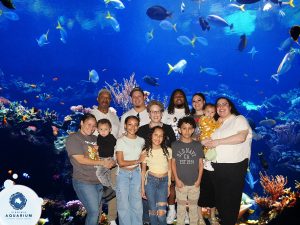
“I guess my whole life has changed,” Godbee said. “I’m still doing what I was doing when I had the first one, but I take care of myself. I go to the doctors, I do what the doctors have asked me to do, and I keep up with my medicine.”
Florman said it was gratifying to see Godbee thrive after the procedure.
“He’s very appreciate for this second chance on life. He already knew what that was like once,” Florman said. “But remember, behind every transplant is a donor who dies and a family who agrees to give their organs to save somebody else, in this case giving three organs to one person. It’s a remarkable gift that a family gives and somebody gives when they die.”
Godbee recently celebrated his 64th birthday, has been exercising daily, and is back at work as a CPR instructor. He is also planning a trip to visit some of his grandkids in Florida and celebrate his new chance at life with them, a press release from Mount Sinai stated.
“I think he’s kind of back to the life he wanted to live,” Moss said. “He is back at work. He is obviously much less limited. He is able to go about his daily activities, which for him, is really spending time with family. He’s even taking vacations again. So he’s really kind of back to living the life that he wanted to, but that his health was getting in the way of.”
You never know when you might need CPR

As the captain of the volunteer ambulance corps in Peekskill, Godbee has saved a good number of lives himself. Growing up in a big family, he would regularly use the Heimlich maneuver to save his brothers and sisters who were choking.
Godbee later served as a fireman in Peekskill for 23 years. He continued on as an EMT at Volunteer Ambulance Corps for about 40 years, the two services overlapping. He is an inspector for the Peekskill Office of Emergency management and the captain of the Garrison Volunteer Ambulance Corps.
As both a CPR instructor and CPR recipient, Godbee emphasized the importance of knowing CPR and said you never know when you might need it. He said he constantly hears back from people he trained telling him they were able to save a life thanks to his lessons.
According to Mount Sinai, every year more than 436,000 Americans die from a cardiac arrest and globally cardiac arrest claims more lives than breast cancer, prostate cancer, influenza, and auto accidents.
While CPR can double or triple chances of survival after cardiac arrest, Mount Sinai said that only 17 percent (in one study) are aware of the recommended technique of chest compressions alone. Additionally, 49 percent may not be able to perform hands-only CPR in an emergency.
Asked what Godbee would say to someone hesitant to learn CPR, he said, “Think of your family. It could be anywhere and it happens.”
Those interested in upcoming training classes can click here.


